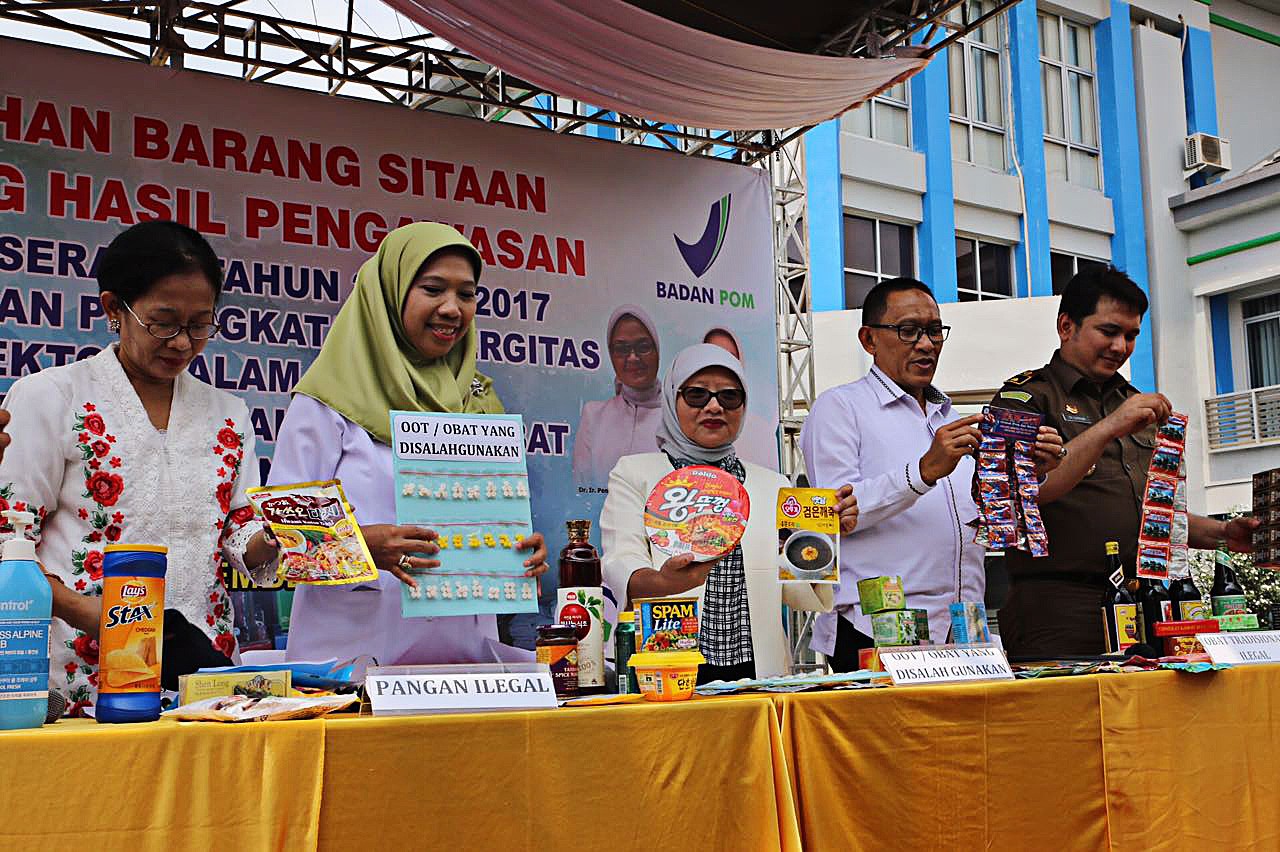Popular Reads
Top Results
Can't find what you're looking for?
View all search resultsPopular Reads
Top Results
Can't find what you're looking for?
View all search results34 snacks popular with Depok students found to contain E. coli
Food and beverages should contain zero E. coli, but that is not the case with snacks tested in Depok.
Change text size
Gift Premium Articles
to Anyone
Thirty-four snacks that are popular with students have been found to contain Escherichia coli (E. coli) bacteria.
“There should be zero E. coli in food and beverages,” Health Agency secretary Ernawati told Tempo magazine on Wednesday.
She explained that the agency had collected samples from 44 primary schools for its research, including four schools in each district.
The amount of E. coli that could cause diarrhea varied from person to person. The bacteria were usually waterborne, meaning they could be spread by food sellers touching or washing utensils, she added.
The research, Erna said, had not found any toxic substances, such as borax, formalin, rhodamine B or metanil yellow in the last two years. According to her, sellers already know the danger of those substances and avoid using them.
“They are already smart,” she said.
However, food preservatives could still be found in those snacks, including benzoate acid and sodium cyclamate sweetener, even though they were considered safe in limited quantities, based on standards set by the Food and Drug Monitoring Agency (BPOM).
“The field findings show that the preservatives are not used in the right quantity,” Erna said.
Meatballs, sausages, fried eggs and fried dough were some of the snacks found to contain excessive amounts of preservatives. Erna said the immoderate use of benzoate acid was a health risk.
In early December, Erna added, the health agency had conducted an awareness campaign at health centers (Puskesmas), district officials and schools about these findings and disseminated information on the most effective way to kill E. coli, by boiling water. (mai)










